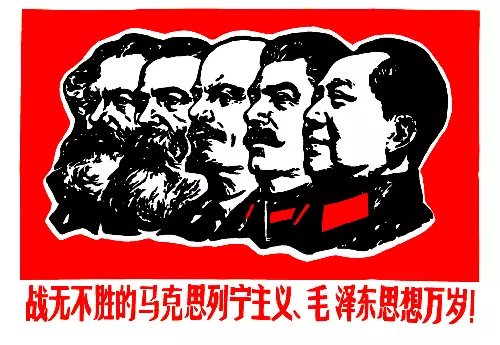I've heard the same, unfortunately. These are common tropes but it's mainly projection. While I don't have any sources to hand, I'll offer seven broad points that night help.
- Lenin made a huge contribution to the theory of self-determination, a key component of liberation movements around the world.
- The USSR's foreign policy during WWII was straightforwardly one of if not the greatest foreign policies of any society in history: stop the Nazis and give control over neighbouring countries to their workers.
- The Soviets directly supported many liberation movements and revolutions. Including in Cuba, China, Spain. Western academic sources on decolonisation 'explain' what happened during this era as colonies being 'lured' by the Soviets into rebelling against the colonists (jfc academics!); so be careful with sources and claims in this area because once you look into it, liberal criticisms fall apart quite quickly.
- The USSR was always generally feared and hated by western liberals, but it was acceptable for western Marxists to support it. Until Khrushchev's 'secret' speech. From this point, the western Marxist 'Soviet narrative' shifted. (Michael Parenti Quote.) So be extra critical of 'history' written about foreign policy after that speech even by comrades. Some were innocently misled. Some were never great Marxists to begin with. Others would have been waiting for the opportunity to knife the USSR in the back.
- Remember the need for a class analysis. It's one thing for a dictatorship of the bourgeoisie to 'dominate the world' and quite another for a dictatorship of the proletariat to do the same. So even if this is true, it's not necessarily a 'bad' thing in the same way as it is when the US does it.
- The Soviets made mistakes. I wouldn't be surprised to see foreign policy getting steadily worse until it's dissolution. One error, for instance, involved getting sugar from Cuba, which kind of encouraged Cuba to adopt a bit of a mono crop economy. This wasn't great at the time but Cuba was able to trade for essentials. After the USSR fell, the problem with the policy became clear, as it left Cuba vulnerable.
- Still, I don't remember the USSR having an Iraq moment. Nor an Iran moment or a Kosovo moment. Nor Libyan, Indonesian, Chilean, Korean, Vietnamese (I won't list them all). So if the USSR was 'imperialistic, hegemonic' and if those labels also apply to the US, I'd suggest that the words are more or less meaningless and we need a new vocabulary. But these words are useful – they just don't really apply to the USSR.
